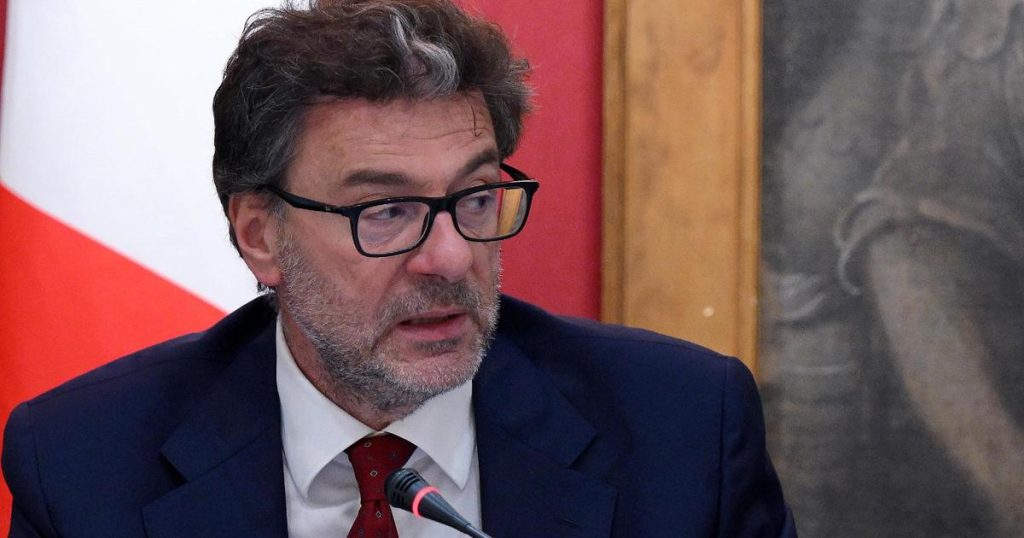At the Council of Ministers, alongside the Budget Document for the European Union and the actual Budget Law, there will also be a connected fiscal decree for an initial examination of the texts. The budget is expected to be around 25 billion euros, with revenue primarily coming from cuts and rationalization of expenses. The goal is to lower the tax burden from 42.3% in 2024 to 42.1% in 2025, with a target of 3 billion in spending cuts. Contributions will come from banks, with ongoing negotiations, and flexible and manageable cuts to ministries determined by individual ministries.
The main measures contained in the budget include confirmation of the reduction in the tax wedge for incomes up to 35,000 euros and the reduction to three income tax brackets, worth around 15 billion euros. There is a possible expansion of the tax wedge cut to the middle class, for incomes up to 60,000 euros, requiring between 2.5 and 4 billion euros. There may be reductions for incomes up to 40,000 euros. There will be interventions regarding the single allowance or specific tax breaks to combat demographic winter, although resources for this measure are limited. There will be a contribution from banks, with a special contribution requested from large companies, especially in the banking sector, who have benefited from exceptional conditions. There will be linear cuts to ministries, allowing them to manage cuts flexibly, with the health sector exempt from cuts.
Opposition parties are concerned about the magnitude of the cuts, painting the budget as a measure based on “tears and blood” and austerity. They criticize the lack of details and transparency from the government, expressing concern about the negative impact of the cuts on essential services and assistance. The Democratic Party criticizes the economic policy of the Meloni government, accusing it of focusing on cutting social spending and resorting to amnesties. The 5 Star Movement criticizes the lack of concrete actions by the government regarding a tax on bank windfalls proposed over a year and a half ago. They accuse the government of increasing taxes to finance migrant detention centers in Albania, calling it a “shameful” use of taxpayer money.
The financial maneuver has highlighted differences of opinion within the majority parties, particularly regarding sensitivity to the banking industry and the need to involve all ministers in defining spending cuts. The proposal of an extraordinary contribution from banks has caused tensions, with Forza Italia against it and Lega and Fratelli d’Italia more open to the idea. Minister of Economy, Giancarlo Giorgetti, has been a major supporter of this measure, framing it as a contribution rather than a tax. Giorgetti pushed for a spending review, asking ministries to identify “unproductive or postponable expenses,” which created tensions among ministers feeling pressured and less involved in defining the budget. There is a need for more internal dialogue within the majority to reach consensus on key issues.
The initial emphasis on the “sacrifices” needed to ensure the sustainability of the public budget caused discomfort within the majority. Prime Minister Meloni had to intervene to reassure citizens about support for families and businesses. Forza Italia expressed concerns about the impact on small banks, receiving assurances of their protection. There is a need for greater internal dialogue within the majority, with Vice Premier Antonio Tajani emphasizing the necessity for mutual approval of the budget. The government aims to strike a balance between fiscal responsibility and supporting the economy and citizens during challenging times.


